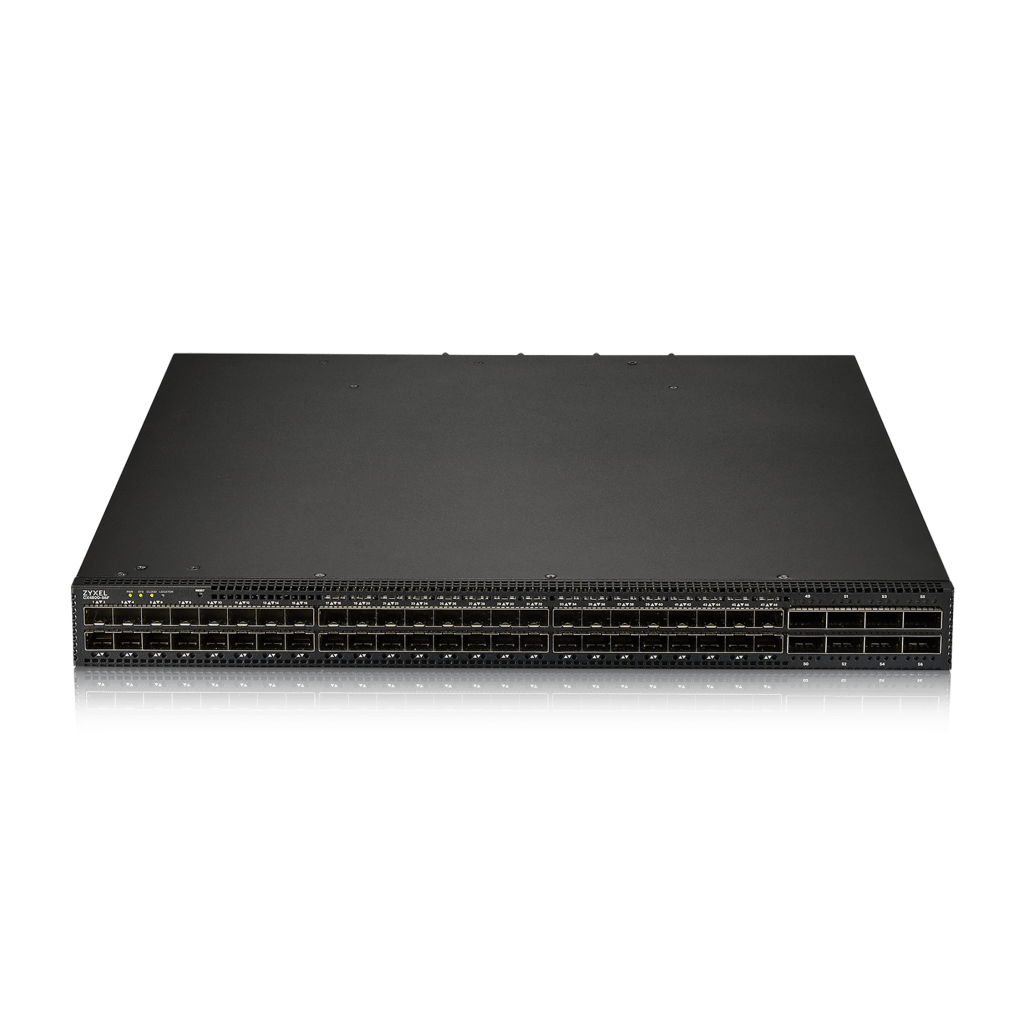
In the past few years, technology and AI have evolved more than ever. As I read about the new concepts in tech and learn new skills and techniques each day, I feel in a state of limbo — there is so much content to consume and yet, very little content that I could create.
In the rapidly expanding technological world of today, AI is taking over as it gets increasingly integrated into the various aspects of our lives. With the growing concerns around AI usage, it is quintessential to have tools and applications that build trust in Artificial Intelligence, support business automation, and drive faster, more accurate decision-making. That is exactly where Decision Intelligence (DI) comes into the picture.
In this blog, I want to introduce the readers to the concept of Decision Intelligence — a very nuanced and rapidly growing concept. This will be your guide to knowing the what, why, and how of Decision Intelligence.
Introduction to Decision Intelligence
A good decision is often defined by its outcome.
But how do you ensure that you’re making the best choice? This is where Decision Intelligence (DI) becomes important for organizations making focused, contextual, and personalized decisions.
Decision Intelligence is an interdisciplinary field that uses AI to enhance all aspects of decision-making across all areas of a Business. It blends concepts of Data Science (statistics, machine learning, AI, analytics) with Behavioral Sciences (psychology, neuroscience, economics, and managerial sciences) to understand how decisions are made and how outcomes are measured.
What is the difference between Decision Intelligence and Artificial Intelligence?
Artificial Intelligence is about creating systems or machines that can do tasks that usually need human intelligence, like learning from experience, recognizing patterns, solving problems, understanding language, and making decisions.
Decision Intelligence (DI) can be considered a subset where it uses AI to build a reliable data foundation by collecting, organizing, and connecting data and then applying AI and analytics to turn that data into useful insights for better decision-making.
In short, while AI provides the technology to mimic human intelligence, DI focuses on applying that technology to improve how decisions are made.
How To Practice Decision Intelligence
You can use any of your machine learning models, like regression models, classification models, time series forecasting models, clustering algorithms, or reinforcement learning for implementing Decision Intelligence.
These machine learning will help identify patterns in the data and make predictions based on those patterns, but decision intelligence will take that information one step further by incorporating it into a broader framework that can actively guide the decision-making process by considering the predictions and the potential outcomes and consequences of different choices.
Here’s how you can start using DI in your decision-making process:
- Pick a real-world problem — Choose a problem statement that is complex, unpredictable, or full of uncertainty.
- List out possible outcomes — List all the possible outcomes.
- Brainstorm actions — List all the steps and actions that could lead to those outcomes.
- Identify key factors — Consider what data points might influence how your actions impact the outcomes.
- Connect the dots — Analyze the relationship between your actions and possible results.
- Implement your decision model — Put your plan into action
- Review & refine — No decision process is perfect. Keep tweaking and improving it over time.
Decision Intelligence creates value through increased revenue, cost reduction, improved efficiency, and risk mitigation, and that makes Decision Intelligence important for organizations.
Where To Use Decision Intelligence
One of the most important factors for a successful implementation of Decision Intelligence is selecting the right use case with high business value and feasibility.
Decision Intelligence platforms work at the confluence of data science, predictive analytics, and machine learning concepts that can empower these teams by providing them a comprehensive pool of all relevant data sources to run custom-made data models per an organization’s unique data sources, investigation types, and use cases.
Decision Intelligence finds its use cases in many industries — for example, in retail, it helps with setting product prices and managing inventory. In healthcare, it can create personalized treatment plans. In finance, it can be used to assess credit risk and detect fraud. In manufacturing, it can help improve production processes, and in transportation, it can help plan efficient routes and maintain vehicles.
That’s it from my end for this blog. Thank you for reading! I’d love to know from you in the comments what your journey in data is and what you are looking forward to in 2025!
Happy Data Tenting!
Rashi is a data wiz from Chicago who loves to visualize data and create insightful stories to communicate business insights. She’s a full-time healthcare data analyst and blogs about data on weekends with a good cup of hot coffee.



















